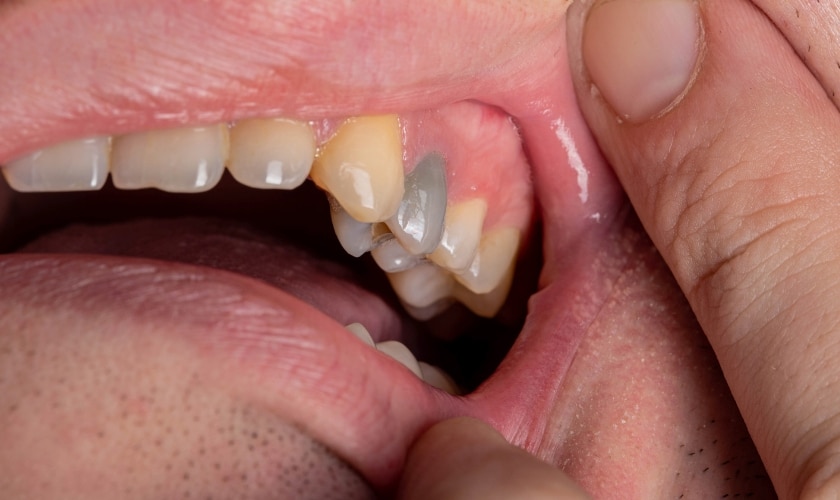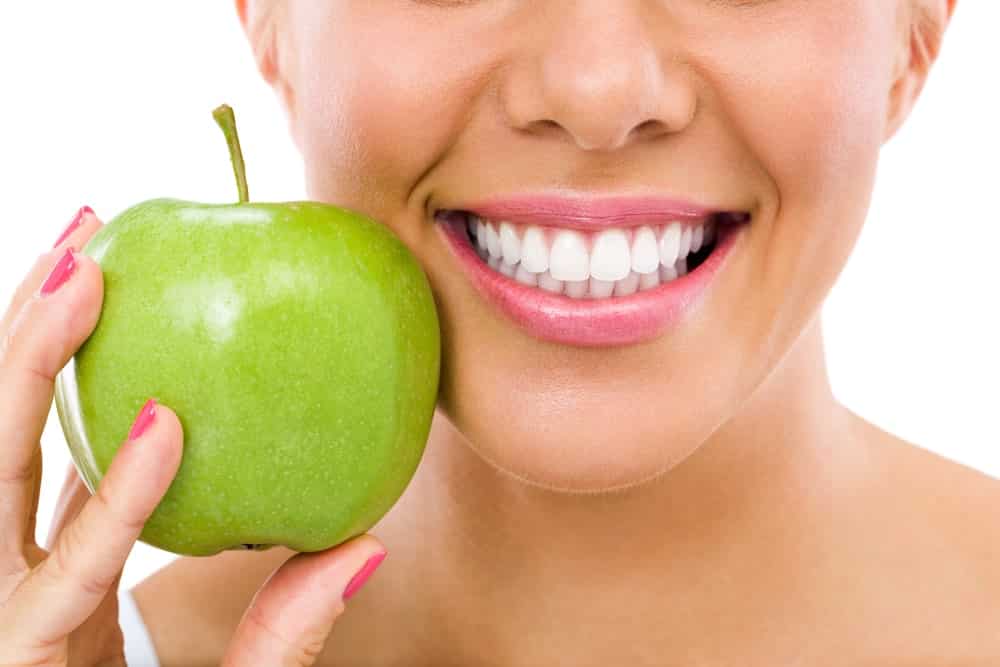Delve into the intricate world of dental health with our comprehensive guide to understanding the impact of food that damages teeth. From exploring the science behind tooth decay to offering practical tips for maintaining a healthy smile, this detailed exploration is designed to equip general readers with the knowledge and insights they need to make informed choices for their oral well-being. Whether you’re a health enthusiast, a concerned parent, or simply curious about the effects of diet on dental health, this article is your go-to resource for a deep understanding of the topic.
What is the Relationship Between Dental Health and Nutrition?
Dental health is an integral part of overall well-being. It not only affects the ability to eat and speak but also plays a crucial role in one’s self-esteem and social interactions. The state of our dental health is influenced by various factors, with diet being a significant contributor.
The connection between diet and dental health is well-established. The foods and beverages we consume have a direct impact on the health of our teeth and gums. Understanding the relationship between diet and dental health is essential for making informed choices that promote a healthy smile and overall well-being.
Understanding Tooth Decay and Its Causes
Tooth decay, also known as dental caries or cavities, is a common dental problem that occurs when bacteria in the mouth produce acids that destroy the tooth enamel. The tooth enamel is the protective outer layer of the tooth, and when it is weakened or damaged, it can lead to tooth decay.
The role of food in causing tooth decay is significant. Certain foods and beverages, especially those high in sugar and acid, can contribute to the erosion of tooth enamel and the development of cavities.
To combat this, it’s essential to not only be mindful of your diet but also to seek regular dental care. For those seeking expert guidance and top-notch dental services, consider visiting Kumra Orthodontics, a top-notch orthodontist in Washington DC. At Kumra Orthodontics, they understand the intricacies of oral health and provide comprehensive care that goes beyond just straightening your teeth. Whether you’re looking to prevent tooth decay or seeking orthodontic treatment, Kumra Orthodontics is your go-to destination for all your dental needs.
Common Foods That Damage Teeth

Source: raisingchildren.net.au
Carbonated Drinks
Carbonated drinks, including sodas and carbonated fruit drinks, are highly acidic and contain a high amount of sugar. The combination of acidity and sugar creates an ideal environment for bacteria in the mouth to thrive, leading to the erosion of tooth enamel and an increased risk of tooth decay.
Sugary Food
Consuming sugary foods such as candies, pastries, and desserts can also contribute to tooth decay. Bacteria in the mouth feed on sugar and produce acids that attack the tooth enamel, leading to the formation of cavities.
Coffee
While coffee is a popular beverage enjoyed by many, it can have negative effects on dental health. The dark pigments in coffee can stain the teeth, and the high acidity of coffee can contribute to the erosion of tooth enamel over time.
Wine

Source: prevention.com
Both red and white wine contain acids that can erode tooth enamel. Additionally, the tannins in red wine can lead to tooth discoloration, while the acidity in white wine can weaken the enamel, making the teeth more susceptible to damage.
Ice
Chewing on ice may seem harmless, but it can actually cause tiny cracks in the enamel, leading to potential dental problems over time.
Citrus
Citrus fruits and juices, such as lemons, oranges, and grapefruits, are highly acidic and can weaken the enamel, making the teeth more vulnerable to decay and damage. It is important to keep your teeth healthy by brushing twice a day with a fluoride toothpaste and flossing daily. Additionally, you should limit your intake of acidic drinks and foods, and rinse your mouth with water after consuming them.
Sticky Food
Sticky foods, including dried fruits and chewy candies, can cling to the teeth, prolonging the exposure of the enamel to sugar and acids, increasing the risk of tooth decay. This can be especially concerning for children, as their teeth are still developing and are more susceptible to damage.
Tips for Maintaining Dental Health

Source: auroradentist.com
Proper oral hygiene is essential for maintaining dental health. Brushing and flossing teeth regularly, as recommended by the American Dental Association (ADA), can help remove plaque and prevent the development of cavities and gum disease.
In addition to proper oral hygiene, making dietary choices that promote dental health is crucial. Consuming a balanced diet rich in fruits, vegetables, and dairy products can provide essential nutrients for strong teeth and gums. Limiting the consumption of acidic and sugary foods and beverages can also help protect the enamel and reduce the risk of tooth decay.
Conclusion
In conclusion, the impact of food on dental health is undeniable. The foods and beverages we consume play a significant role in the development of tooth decay and other dental problems. By understanding the connection between diet and dental health and making informed dietary choices, individuals can promote their oral well-being and maintain a healthy smile. It is essential to prioritize proper oral hygiene and make conscious decisions about food and drink consumption to ensure optimal dental health for the long term.





